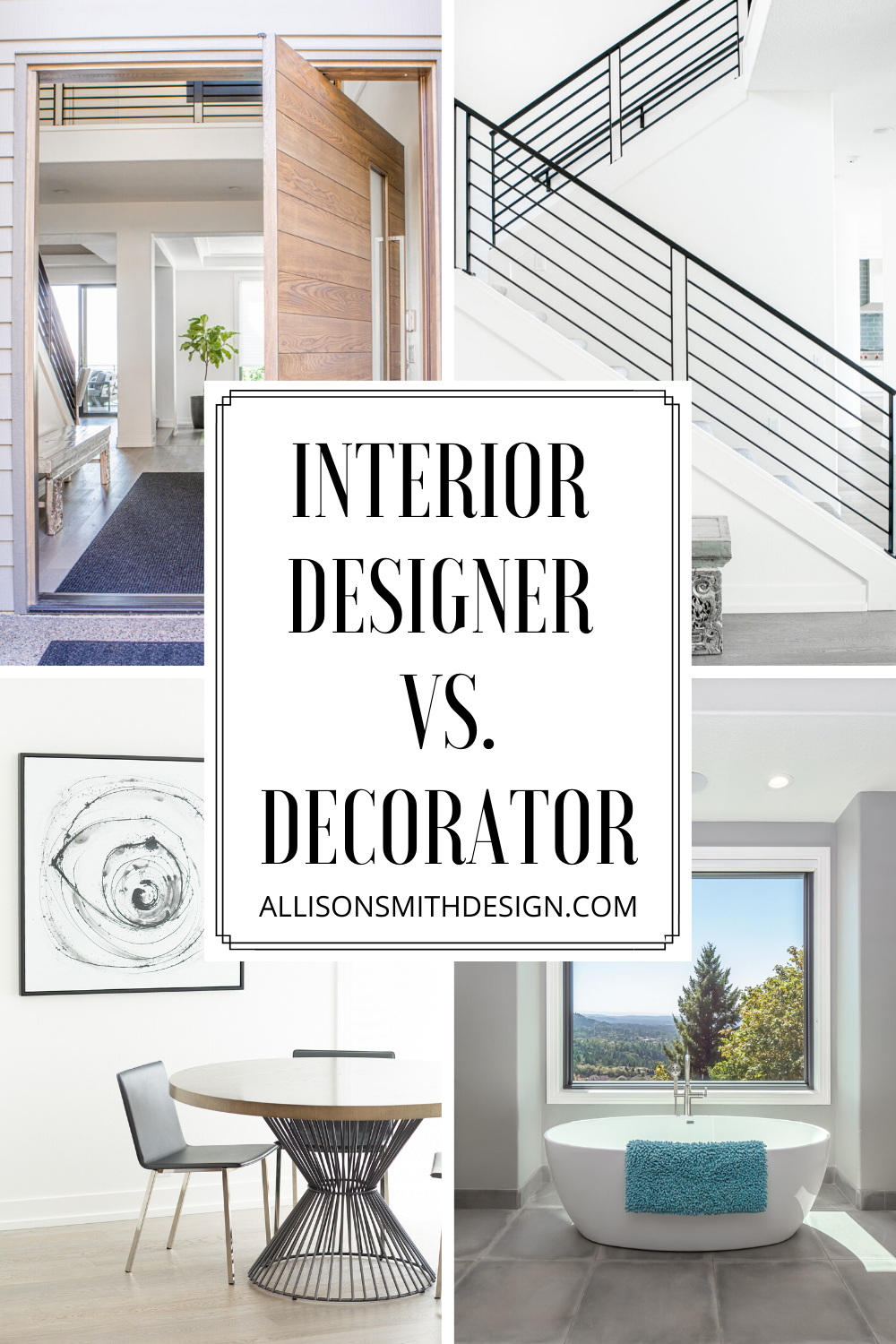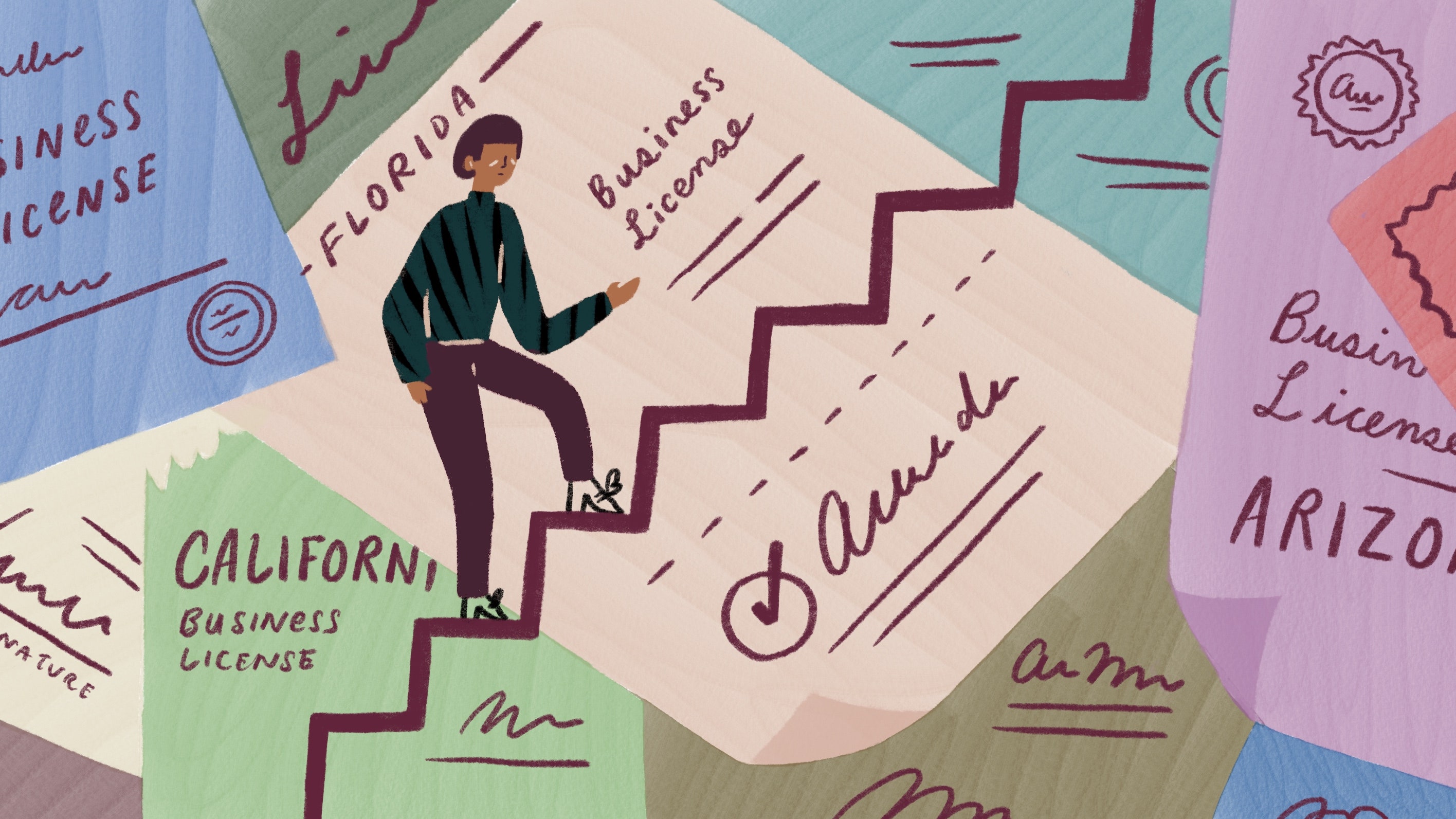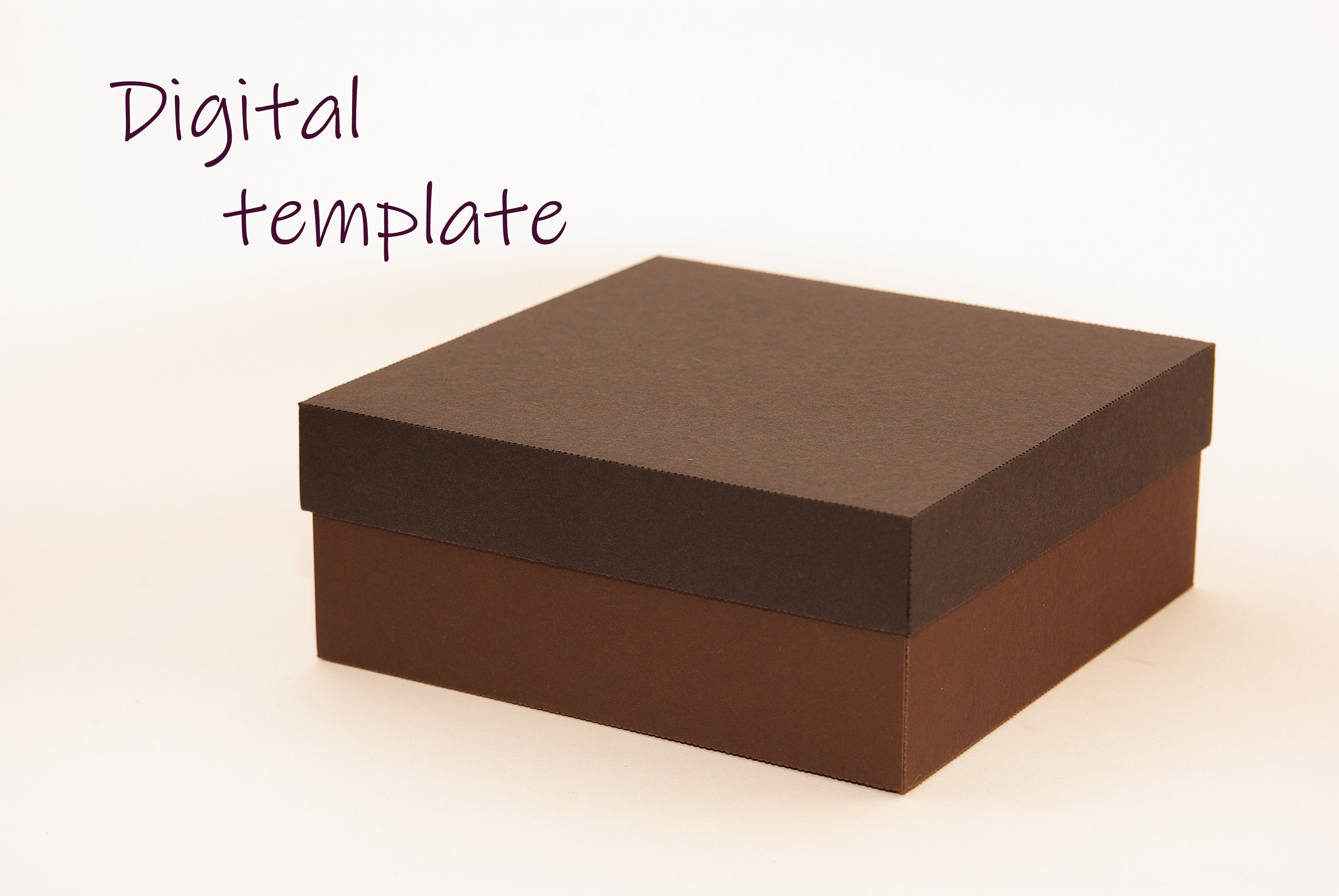5 Key Differences: Interior Designer vs. Decorator

Introduction to the World of Design

When embarking on the journey of decorating or redesigning your home or commercial space, you might be confronted with the decision of hiring either an interior designer or a decorator. Although both professions deal with enhancing environments, there are significant differences in their education, scope of work, and the value they bring to your space. In this comprehensive blog post, we will delve into the 5 key differences between an interior designer and a decorator, helping you understand which professional might suit your needs best.
Education and Certification


- Interior Designers: Interior designers often have a degree in interior design, architecture, or a related field. These programs cover:
- Space planning
- Construction documents
- Building codes and regulations
- Health and safety standards
- Sustainability and environmental psychology
- Certifications: Many countries have professional organizations that certify designers, like NCIDQ in the USA, which signifies a high level of knowledge and commitment to the field.
- Decorators: Typically, decorators do not require formal education, though many have taken courses or workshops to enhance their skills. Their education might include:
- Color theory
- Furniture arrangement
- Fashion and textiles
- Interior styling
- Certification: Decorators often do not have specific certifications, but they might join associations like ASID or IDS for professional recognition.
⚠️ Note: Always check the credentials of the professional you intend to hire, especially for projects requiring structural changes.
Scope of Work

The scope of what these professionals can do varies widely:
- Interior Designers:
- Project Management: They oversee entire renovation or construction projects, including managing contractors and coordinating construction schedules.
- Structural Alterations: Designers can change the structure of the space, including wall removal or addition, space expansion or division.
- Custom Design: They often design custom furniture, fixtures, and architectural elements.
- Technical Drawings: They produce detailed plans and sketches that are essential for builders and contractors.
- Compliance: Ensuring that all design changes comply with building codes and regulations.
- Decorators:
- Aesthetic Enhancement: Focus on the look and feel of a space, selecting furnishings, fabrics, and decor items.
- Room Layout: Rearrange existing furniture or suggest new pieces to optimize space.
- Personal Styling: Tailor spaces to reflect personal tastes and lifestyles.
- Color Schemes: They develop color palettes and design themes to create a cohesive look.
- Non-Structural Changes: Work is mostly non-invasive, avoiding any construction work.
Licensing and Regulation


- Interior Designers:
- Many jurisdictions require licensure for designers who can make changes to the structure or systems of a building.
- Licensing ensures that the designer has the necessary education and experience to execute complex projects safely.
- Designers can legally pull permits for their work, necessary for any structural or system changes.
- Decorators:
- Do not need to be licensed because they do not engage in structural modifications.
- They work under the umbrella of an architect or interior designer if structural changes are required.
🌟 Note: Always verify the licensing requirements for your area to ensure you're hiring the right professional for your project.
Client Interaction and Project Management

- Interior Designers:
- Client Vision: They interpret and translate client's needs into functional and aesthetically pleasing designs.
- Team Coordination: Manage multiple vendors, contractors, and suppliers to ensure smooth project execution.
- Budget Oversight: They are often involved in setting and managing budgets to ensure projects are financially viable.
- Long-Term Planning: Design solutions that can be adapted or modified over time to accommodate changes in lifestyle or use.
- Decorators:
- Personal Taste: Focus on immediate aesthetic enhancements tailored to the client's current lifestyle and taste.
- Direct Communication: Usually, have a more direct interaction with clients, focusing on color choices, furniture selection, and decor items.
- Project Focus: Their projects might be shorter in duration, focusing on decoration rather than the redesign of space.
Client and Project Value

The value each professional brings to a project can be contrasted in several ways:
- Interior Designers:
- Functional Value: Their designs often increase the functionality and comfort of the space, potentially adding to the property's value.
- Innovation: They bring innovative solutions to design challenges, including space optimization, accessibility, and integration of technology.
- Decorators:
- Aesthetic Value: Their work adds immediate visual appeal and can significantly alter the mood and atmosphere of a room.
- Cost Efficiency: Typically, decorators can transform a space at a lower cost as their work does not involve structural changes.
💡 Note: Consider what type of transformation you need when deciding between an interior designer and decorator.
In summary, while both interior designers and decorators work towards improving your living or working environment, their approaches, skills, and outcomes differ significantly. Interior designers are equipped to handle comprehensive redesigns with a focus on functionality, structural changes, and long-term space planning. Decorators, on the other hand, specialize in the art of making your space visually appealing and harmonious with your personal style, without the need for significant structural intervention. Choosing the right professional depends on your project’s scope, your budget, and your vision for the space.
To wrap up, understanding these differences ensures you select the professional best suited to bring your vision to life, whether it’s a dramatic architectural redesign or a sophisticated styling transformation. Your choice will significantly impact how your space is utilized, viewed, and experienced.
What is the difference in cost between hiring an interior designer versus a decorator?

+
Generally, hiring an interior designer can be more expensive due to their extensive education, project management capabilities, and the ability to oversee construction work. Decorators typically charge less because their focus is on aesthetics and furnishings, which often does not require extensive structural work.
Can I hire an interior designer just for aesthetics, like a decorator?

+
Yes, but an interior designer will bring a broader perspective to the project, potentially over-delivering on your expectations by incorporating functionality and space planning into the aesthetic design.
Do interior designers or decorators need insurance?

+
Both professionals should have insurance, especially general liability insurance. However, interior designers might also require professional liability insurance due to their involvement in structural changes and project management.



